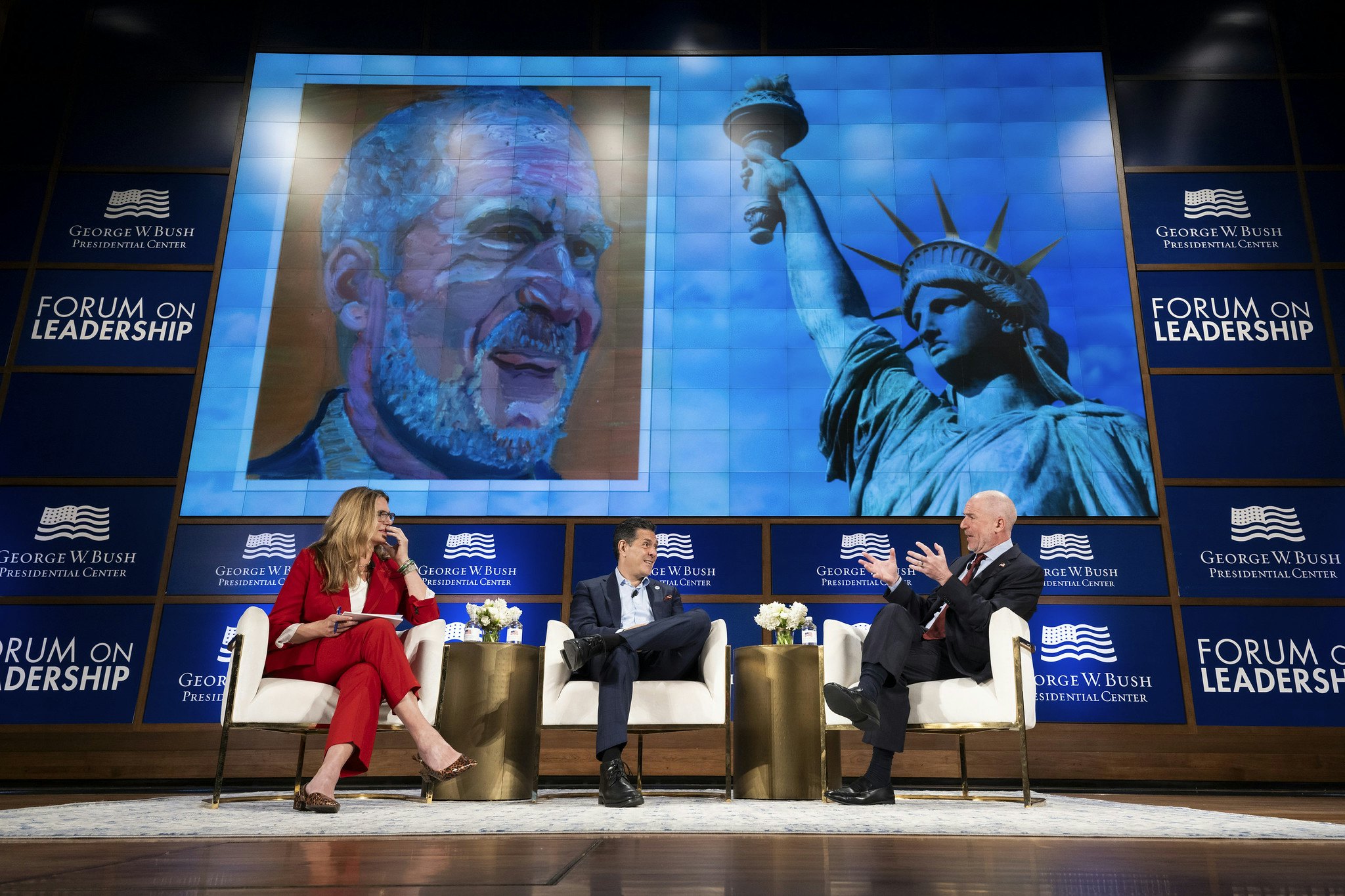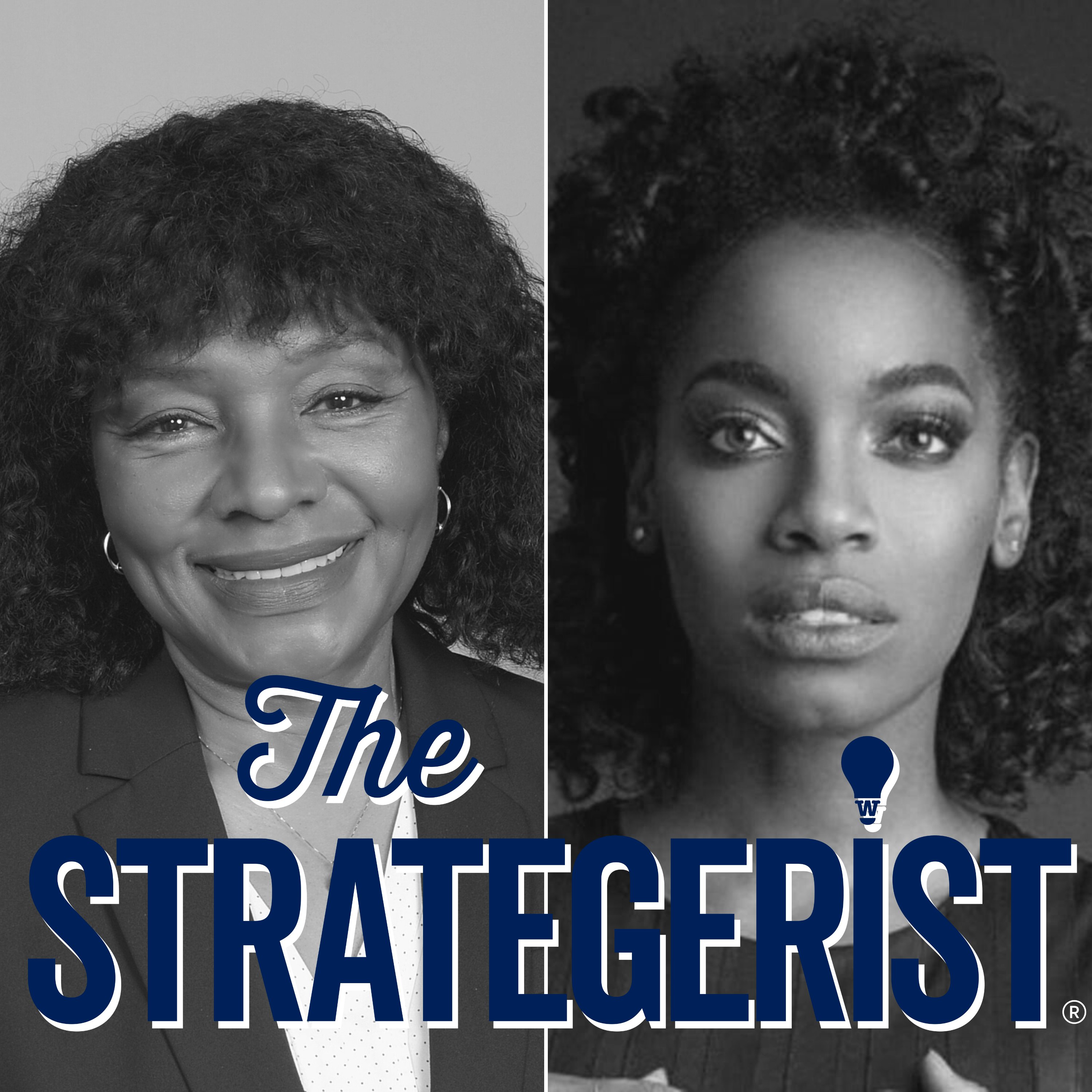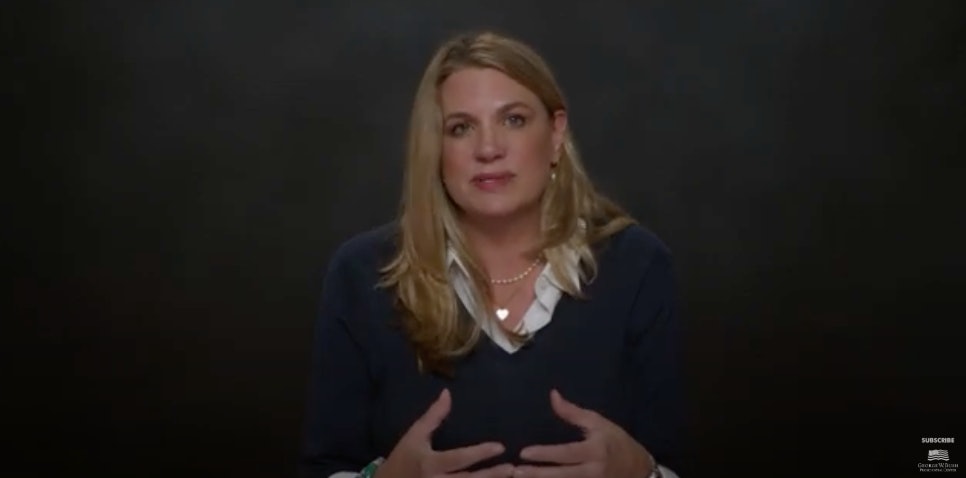Lacey Beaty, 2021 Stand-To Veteran Leadership Program Scholar and Mayor of Beaverton, Oregon, shares ways to support veterans in our communities and the importance of collaboration across the aisle – a lesson that stayed with her from the Veteran Leadership Program.
Please tell us a little bit about yourself and your personal leadership project:
I always introduce myself as the “very lucky Mayor of Beaverton,” and I genuinely mean it. My five years of active duty in the U.S. Army plus being married to an active-duty member of the National Guard included living in ten different places in ten years. After that, we were ready to put down roots and raise a family – and we’re so glad we chose Beaverton as the place to be.
Through my participation in the Bush Institute’s Stand-to Veteran Leadership Program, I worked on the issue of inequity in public procurement and its impact on veteran business owners. In the absence of a veteran certification program in Oregon, veteran business owners seeking government contracts must compete against bigger, more established businesses. Many cities, counties, and regional governments have an “equity in procurement” policy that requires or encourages public contracting with minority-owned firms. Some cities even require that a percentage of money for public contracts go to certified minority-owned firms.
When I was a Beaverton City Councilor, I successfully lobbied the city to add service-disabled veterans to the certification list of minority-owned firms so they could compete more equitably. But the playing field still wasn’t level. Oregon has one of the highest concentrations of National Guard members in the country, and many of them opt to own their own business as a way to manage deployments and inconsistent schedules while earning a living. None of those active-duty guard members could be considered service-disabled, and therefore none could receive a certificate entitling them to preference in government contracting. In order to achieve equity, the certification process needed to include all veterans.
Please give us an update on what you have been working on since completing the Stand-To Veteran Leadership Program:
After completing the program, I took my work on the road – presenting to the U.S. Conference of Mayors, meeting with state and federal lawmakers, and meeting with White House administration officials. I identified a champion at the state level who agreed to introduce the bill in the 2023 session of the Oregon State Legislature. That champion is a republican member of the house, and the bill was co-sponsored by a democratic member of the senate. I’m thrilled to share that through this bipartisan effort, House Bill 2295 passed through both chambers unanimously. Effective in 2024, the new language broadens public contracting preference for businesses that service-disabled veterans own to include all veteran-owned businesses.
Which lessons learned during the Veteran Leadership Program have stayed with you the most, and how have you put those lessons into action?
The lessons that stayed with me the most were: the importance of collaboration across the aisle; the question “for whom do we do the work?;” and the belief that America is worth fighting for.
Intellectually, I believe in the value of bipartisan efforts. Through this program, I learned alongside peers from different backgrounds and political leanings and saw how we could work together to improve the lives of veterans. I intentionally sought out a republican lawmaker to sponsor the bill so that I could put my learning into action and generate broad support.
The question of who our decisions ultimately impact reminds me daily to prioritize our community’s needs and voices in everything I do. I regularly encourage our Council to center the voices and experiences of those who will be most impacted by our decisions. During the recent process of developing a year-round shelter for folks experiencing houselessness, we took this learning to heart and created a process by which the voices of those with lived experience of houselessness would be centered in decisions about shelter design and operations.
Again – I have long believed that America is worth fighting for. But it’s easy to become cynical and discouraged by division, polarization, and pervasive negativity. This program renewed my faith in the American experiment. Through the past few years of serving as Mayor through one crisis after another, I’ve experienced first-hand how representative democracy and federalism can be effective if we commit to staying at the table. My past service involved combat on foreign soil, but my present and future service are about upholding the enduring values upon which our country was built. Every day I show up for my community, listening to understand and advocating tirelessly to build a more just, equitable, and inclusive home for everyone.
What is your approach to compromise and bridging divides as an elected official and the leader of your town? How have you seen this approach benefit your community?
People often think compromise is a dirty word but it’s not. I often say “make a friend before you need a friend.” Your first call to someone should never be to ask them for something. There are no shortcuts to building relationships. Trust takes time, and you have to invest a lot of it before you earn someone’s trust. (see list on LinkedIn)
In government, we tend to overcomplicate things. Another of my go-to phrases is: “stop trying to solve a problem in its totality and instead take a meaningful first step.” We so often get in our own way, and I believe government moves at the pace we allow it to move. We need to be more flexible and less defensive. We have far more in common than we typically acknowledge, and we can serve our communities far better by working together. We don’t have to agree on X issue in order to work together on Y issue.
As Mayor of Beaverton, you are a part of the United States Conference of Mayors Task Force on Homelessness. Can you discuss the unique challenges unhoused veterans face and what steps we can take to address the issue?
Many affordable and supportive housing operators and service providers across the country report difficulty and delays in getting veteran-dedicated units filled with qualified tenants. Because of the various support programs targeted toward veterans, ’t is often difficult to identify veterans who meet the “chronically homeless” eligibility requirement. Moreover, current Department of Housing and Urban Development (HUD) rules count veterans’ federal disability stipends as income. Combined with Social Security, this can put their income level high enough to disqualify them from housing. These income caps are frequently set between 30% and 60% of area median income, which is often exceeded by the disability compensation a service-connected veteran receives. Restrictive income limits imposed by low-income housing tax credit programs are another obstacle many veterans meet when denied housing support. This prevents veterans from accessing the housing built for them while such units sit vacant and HUD/VASH vouchers go unused. These veterans should not be deprived of critical housing assistance because of their disability income.
Allowing disabled homeless veterans to access housing would directly combat this issue., HUD can ensure that housing-insecure disabled veterans can access permanent supportive housing projects explicitly built to meet their needs by updating its definition of income for housing program eligibility to exclude Department of Veterans Affairs (VA) service-connected disability compensation and pension benefits. Revising the definition of annual income to exclude VA disability compensation and pension benefits would rectify this issue and prevent disabled veterans from being turned away from housing due to their existing benefits.
I have been in conversations with Oregon lawmakers and the Governor about this issue and will soon meet with representatives in D.C. to advocate for this legislative solution. I was recently named to the Advisory Board of the U.S. Conference of Mayors, and I believe that’s due in large part to being a veteran. I consider it a privilege and a responsibility; this board seat will create additional opportunities for me to advocate for the solutions our community needs most.






























